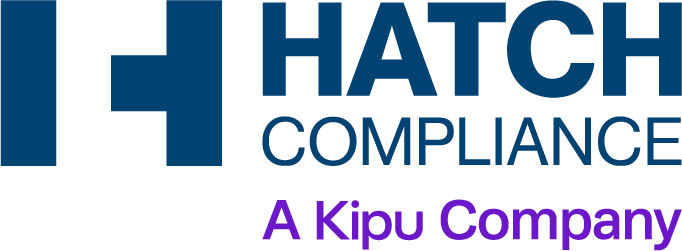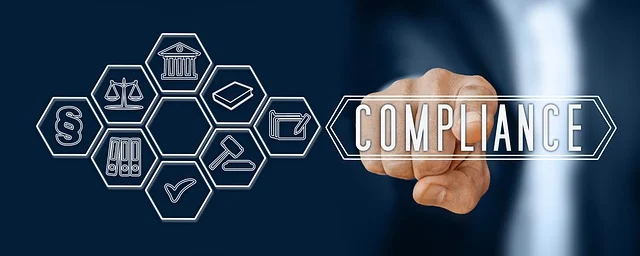In today’s ever-evolving landscape of healthcare, compliance stands as a cornerstone, ensuring ethical practices and regulatory adherence. Behavioral healthcare, in particular, undergoes constant scrutiny and transformation, demanding robust compliance measures. Let’s delve into the nuances of benchmarking compliance efforts in this critical sector, shedding light on the strategies and challenges that define its trajectory.
Compliance in behavioral healthcare encompasses a multifaceted approach, integrating legal, ethical, and clinical considerations. One primary aspect involves aligning with federal and state regulations, such as HIPAA and the Affordable Care Act, safeguarding patient privacy and rights. Moreover, accreditation standards, like those set by The Joint Commission, serve as benchmarks for quality care delivery, driving organizations to uphold rigorous standards.
Key Strategies for Benchmarking Compliance Efforts:
- Regular Audits and Assessments: Conduct periodic assessments to evaluate the effectiveness of compliance initiatives and identify areas for improvement.
- Continuous Training and Education: Provide comprehensive training programs to equip staff with updated knowledge on regulatory requirements and ethical practices.
- Utilization of Technology: Leverage automation tools and data analytics to streamline documentation processes and identify potential compliance gaps proactively.
- Establishment of Clear Policies and Procedures: Develop and communicate clear policies and procedures outlining compliance expectations and protocols for addressing violations.
- Collaboration and Networking: Foster collaboration with industry peers and compliance experts to exchange best practices and stay informed about emerging trends and regulations.
Effective compliance initiatives extend beyond mere adherence to regulatory mandates; they foster a culture of accountability and transparency. Institutions fostering open communication channels and providing comprehensive training empower staff to navigate complex compliance landscapes confidently. By instilling a sense of ownership among stakeholders, organizations can cultivate a robust compliance framework ingrained within their organizational ethos.
Embracing technological advancements emerges as a pivotal strategy in bolstering compliance efforts in behavioral healthcare. Automation tools streamline documentation processes, minimizing errors and ensuring accuracy. Additionally, data analytics empower organizations to identify potential compliance gaps proactively, facilitating preemptive interventions and risk mitigation strategies.
In conclusion, the landscape of compliance in behavioral healthcare is a dynamic realm, demanding constant vigilance and adaptation. By benchmarking against regulatory standards, fostering a culture of accountability, and leveraging technological innovations, organizations can navigate this intricate terrain effectively. As the healthcare industry continues to evolve, collaboration with compliance experts like Hatch Compliance can provide invaluable insights and support, ensuring adherence to the highest standards of ethical and regulatory compliance.
For further assistance or inquiries, feel free to contact Hatch Compliance, the compliance experts, for personalized guidance tailored to your organizational needs.
www.HatchCompliance.com // Info@Hatchcompliance.com













